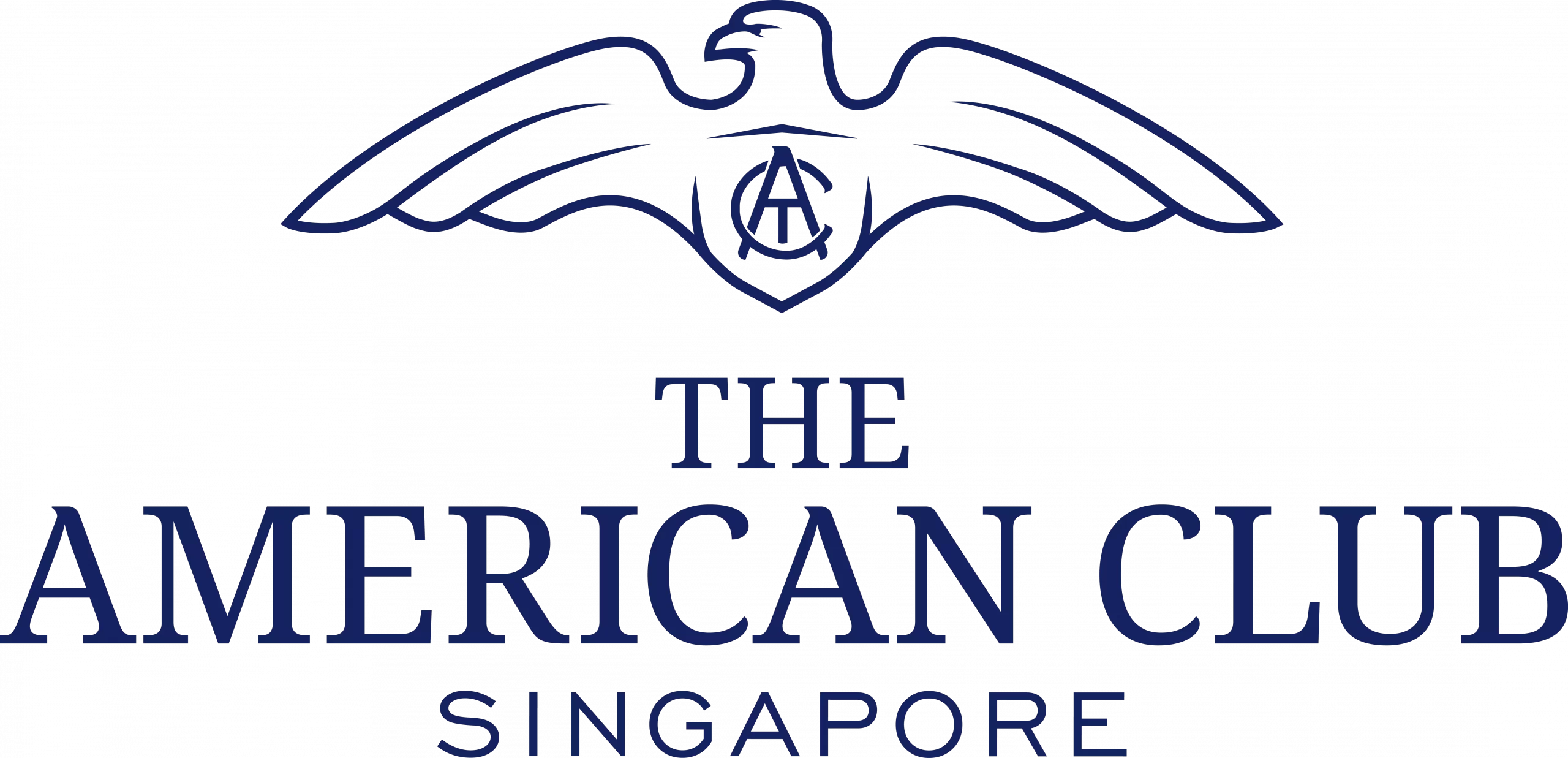Singapore is the melting pot of Eastern and Western culture, which shapes the professional environment governed by unwritten rules and regulations. With a multitude of foreign and local organizations calling Singapore home, the diversity in work culture across companies is both evident and significant. Understanding these cultural nuances is essential for individuals navigating transitions within the Singaporean workforce, ensuring seamless integration into their new professional environment.
Table of Contents
What is the Singapore work culture like?

Dress code
Professionalism at the workplace is paramount in the Lion city. How you dress profoundly influences your professional image and how superiors perceive you. Your choice of clothing leaves a lasting impression, so be intentional about it. It’s worth noting that dress codes vary by industry and company culture, so acquaint yourself with your workplace’s requirements, especially when starting a new job.
Collaboration and Teamwork
In Singaporean organizations, prioritizing teamwork over individualism is fundamental, affecting the decision-making process and how the team operates in general. This contrasts sharply with Western cultures, where companies often emphasize and actively support individual achievements. To enhance collaboration and teamwork, it’s crucial to understand your role within the team to ensure smooth workflow and avoid unintentional overlap with others’ responsibilities.
Rules
In every organization, a clear framework of rules and regulations serves as the foundation for efficient operations. The management board plays a crucial role in guiding company performance and prioritizing alignment with directives from higher management. While employees are encouraged to explore their creativity, they do so within a supportive structure that provides direction and fosters innovation despite occasional boundaries.
Working Hours
The standard workweek in Singapore typically spans 40 to 45 hours, with flexibility to accommodate workload fluctuations. Employees have half an hour to an hour to enjoy their lunch breaks. To protect employees, the Employment Act states that those covered by it cannot be required to work more than 12 hours in a day, with monthly work limited to 72 hours.
Diverse Nationalities & Cultures
Singapore’s multicultural society fosters an exceptionally diverse workforce, enriching workplaces with a variety of ideas and perspectives. With over 1.1 million international residents making up one-third of the total workforce, Singapore stands as a true focal point of cultural diversity. Additionally, the presence of over 7,000 multinational companies further cements its reputation as a hub of diversity.
Is Singapore a good place to work?

Overall, yes. Singapore stands out as an excellent destination for expatriates seeking career opportunities. Several factors contribute to its appeal:
- Welcoming Environment: Singapore’s inclusive nature makes it particularly conducive for foreigners to work and integrate into society.
- Competitive Salaries: The country’s development strategy prioritizes attracting foreign talent, resulting in companies offering lucrative compensation packages. Working in Singapore presents a promising avenue for enhancing personal wealth.
- Favorable Tax System: With a reasonable personal tax rate of 15% for foreign employees and exemptions for income earned abroad, Singapore facilitates rapid financial stability for newcomers.
- Growth Opportunities: Boasting one of the world’s strongest economies, Singapore provides ample prospects for career advancement. Global companies actively seek skilled talents to bolster their workforce.
Singapore vs US Work Culture
The work cultures of Singapore and the United States exhibit numerous differences, spanning areas such as body language, respect for authority, and the importance of preserving social harmony. What is considered acceptable in one culture may raise concerns in the other. These disparities underscore the contrast between Eastern and Western work environments
- Body Language: In Singapore, it’s important to avoid pointing at things or using your feet to gesture, as it can be considered rude.
- Disagreeing with Superiors: While in the US, expressing disagreement with superiors may be seen as showcasing ambition and talent, it’s generally frowned upon in Singapore. Publicly disagreeing with superiors is considered disrespectful.
- Group vs. Individual: While individuality is often encouraged in the US, Singapore tends to prioritize group success over individual achievements.
- Negotiation Process: Negotiations in Singapore typically involve longer processes compared to the quick and straightforward approach commonly seen in the US. Singaporean companies often follow internal hierarchies before reaching a final decision maker.
Cultural Mistakes To Avoid
Modern workplaces in Singapore may not always adhere to traditional behavior patterns, but it’s essential to understand them. The majority of Singapore’s population consists of Chinese, Indians, and Malays, who still cherish these traditional values despite Western influences. Below are some examples of cultural mistakes you should avoid while working with Singaporeans:
- Avoid discussing sensitive topics like politics, bureaucracy, religion, crime, or punishment.
- Refrain from physical contact with individuals of the opposite sex.
- Do not point directly at someone with your finger, as it’s considered impolite in Singapore.
- Respect personal boundaries by refraining from touching someone’s head or face.
- Avoid standing with your hands on your hips, as it might convey anger or aggression in Singaporean culture.
Frequently Asked Questions
What is the work ethic of Singaporeans?
Singaporeans place a strong emphasis on punctuality, responsibility, and adherence to rules.
Is lunch break included in working hours in Singapore?
A standard working day in Singapore typically lasts for eight hours, with the lunch break excluded. Generally, you are not expected to work continuously for six hours without a break. However, if the nature of the work necessitates continuous activity for up to eight hours, a break of at least 45 minutes must be provided.
Is it hard to work in Singapore as a foreigner?
While Singapore has a competitive job market, even for locals themselves, it remains relatively accessible for foreigners. As a highly developed country with a strong economy and a sizable expatriate community, Singapore offers ample opportunities. Additionally, the government provides support and resources to assist foreign workers in acclimating to the local work environment.




